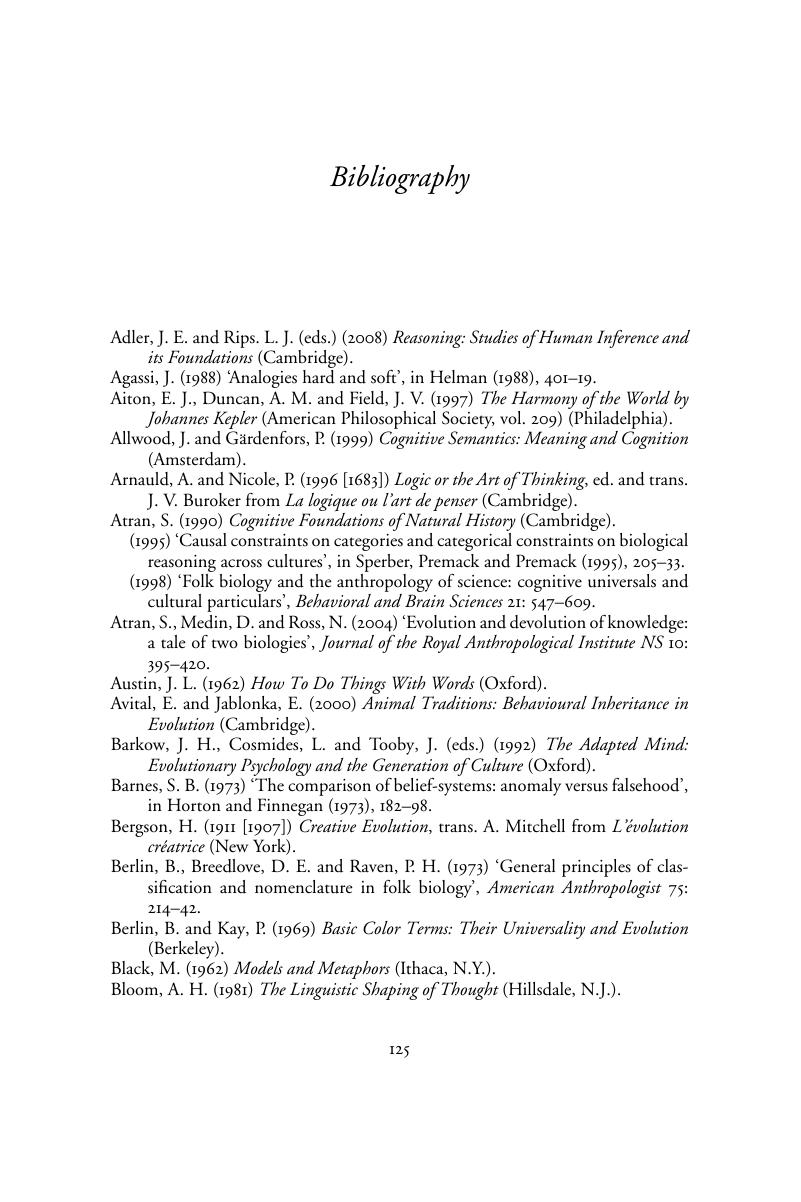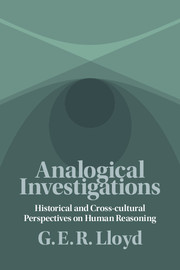Book contents
- Frontmatter
- Contents
- List of diagrams
- Introduction
- 1 On the very possibility of mutual intelligibility
- 2 The multiple valences of comparatism
- 3 Analogies, images and models in ethics: some first-order and second-order observations on their use and evaluation in ancient Greece and China
- 4 Analogies as heuristic
- 5 Ontologies revisited
- 6 Conclusions
- Glossary of Chinese terms
- Notes on editions
- Bibliography
- Index
- References
Bibliography
Published online by Cambridge University Press: 05 September 2015
- Frontmatter
- Contents
- List of diagrams
- Introduction
- 1 On the very possibility of mutual intelligibility
- 2 The multiple valences of comparatism
- 3 Analogies, images and models in ethics: some first-order and second-order observations on their use and evaluation in ancient Greece and China
- 4 Analogies as heuristic
- 5 Ontologies revisited
- 6 Conclusions
- Glossary of Chinese terms
- Notes on editions
- Bibliography
- Index
- References
Summary

- Type
- Chapter
- Information
- Analogical InvestigationsHistorical and Cross-Cultural Perspectives on Human Reasoning, pp. 125 - 135Publisher: Cambridge University PressPrint publication year: 2015



